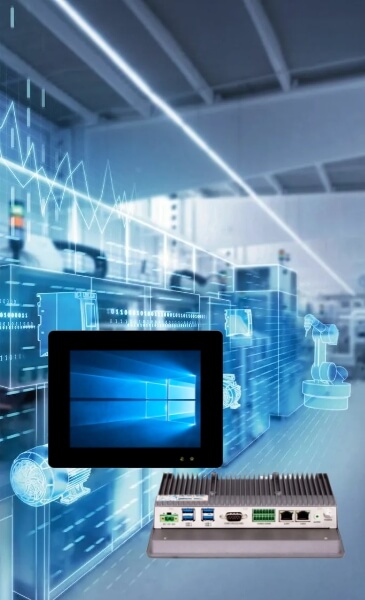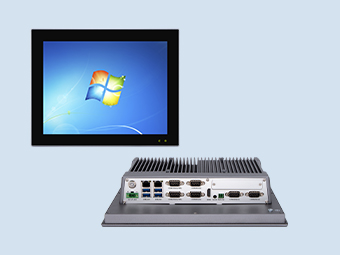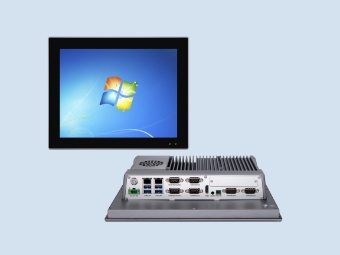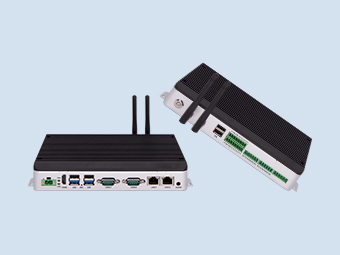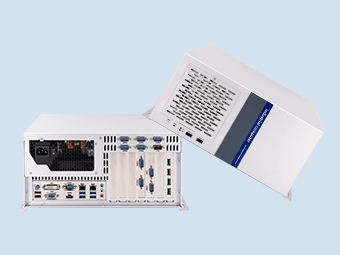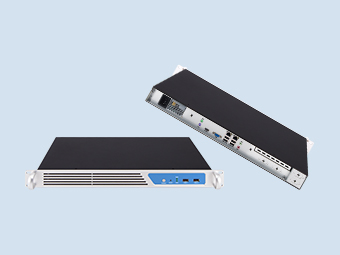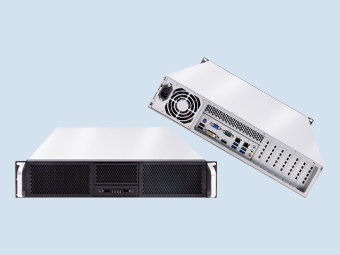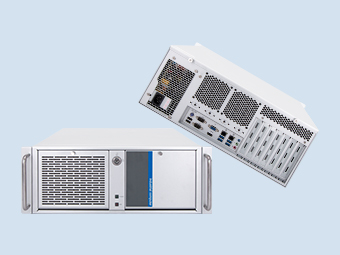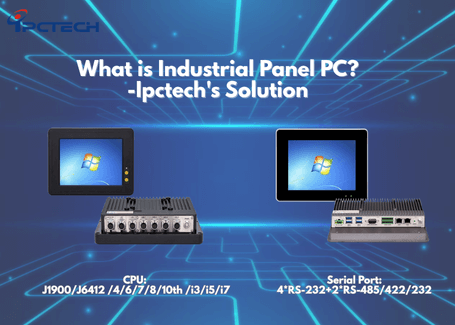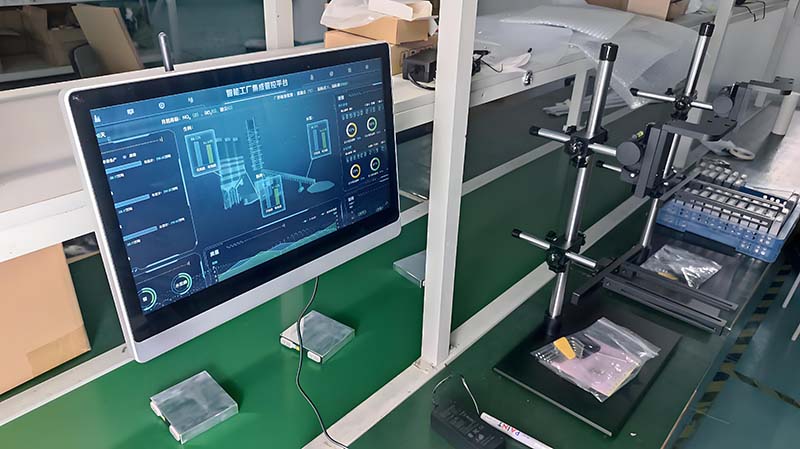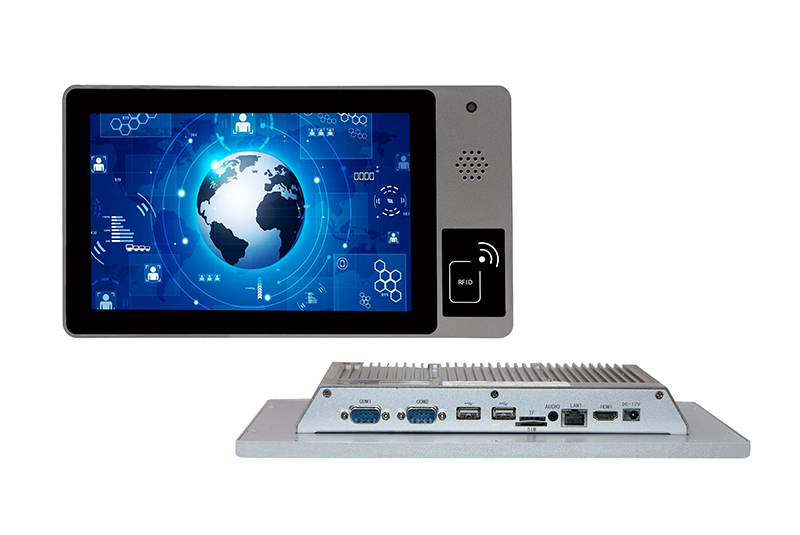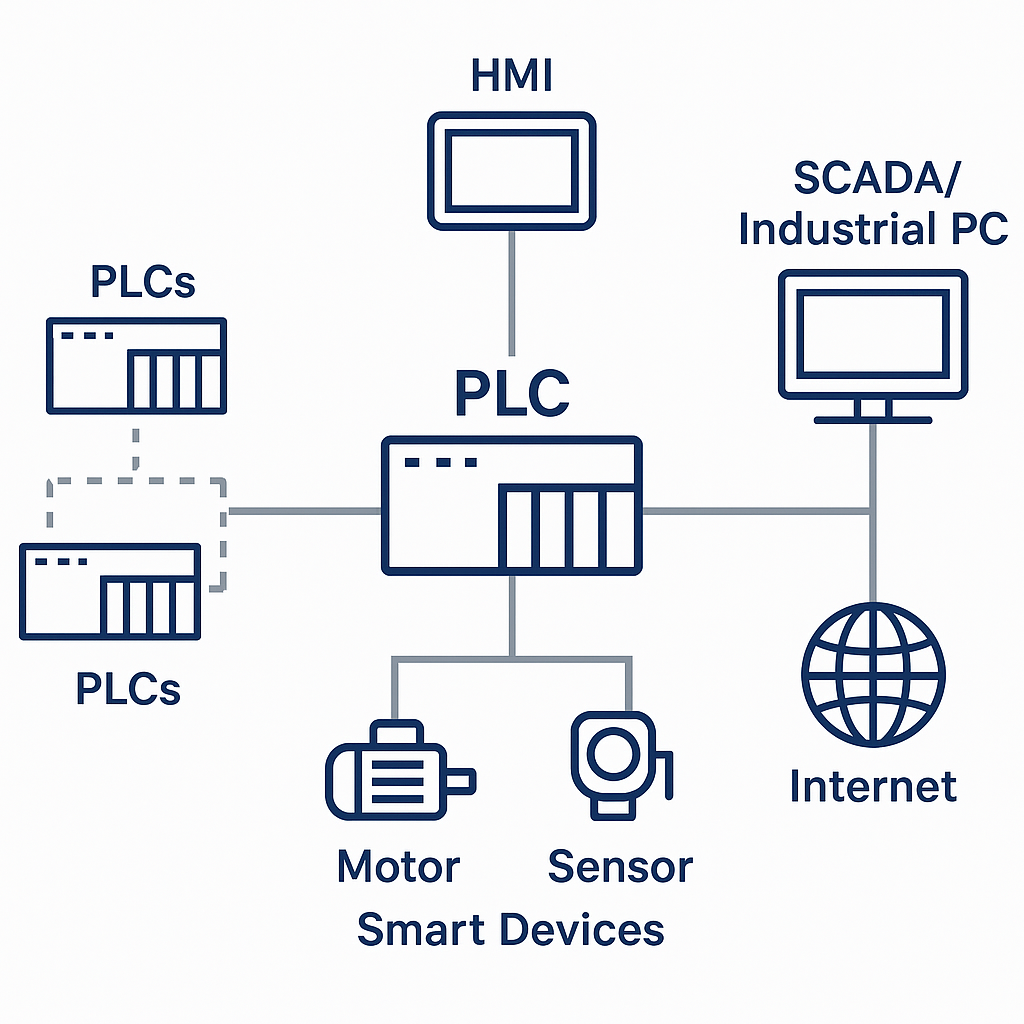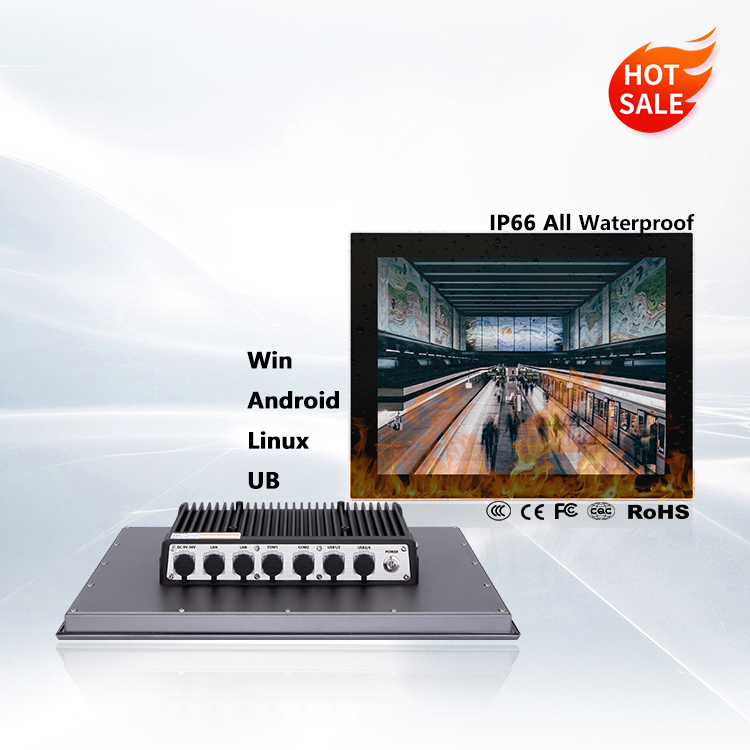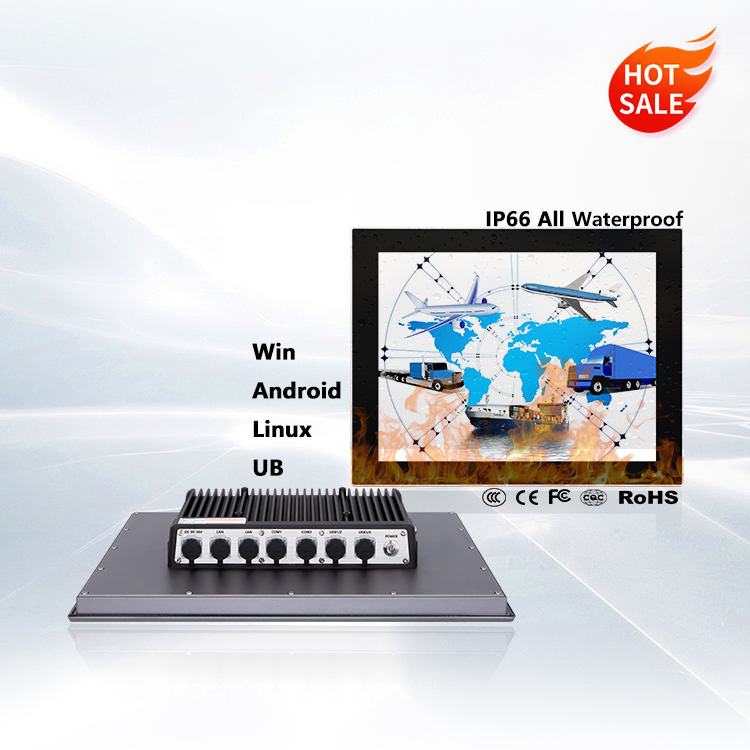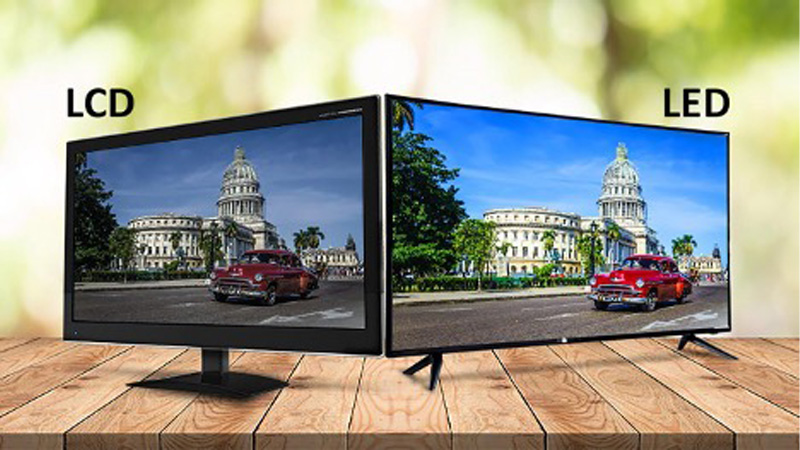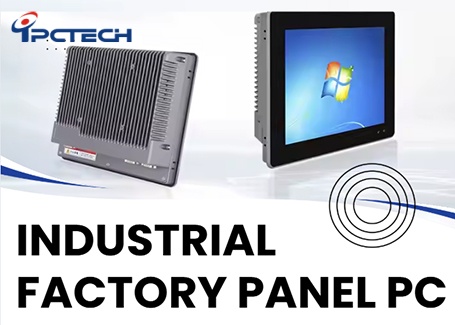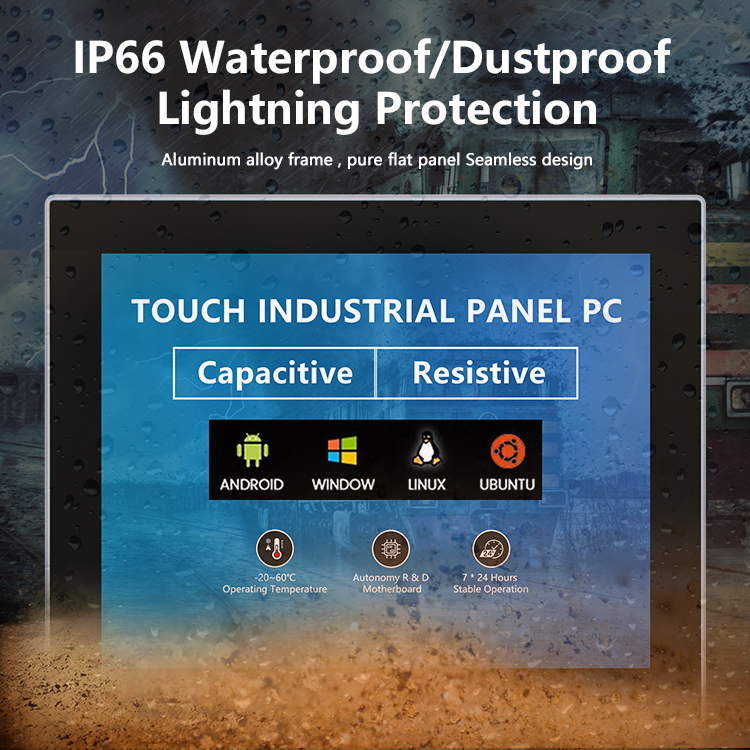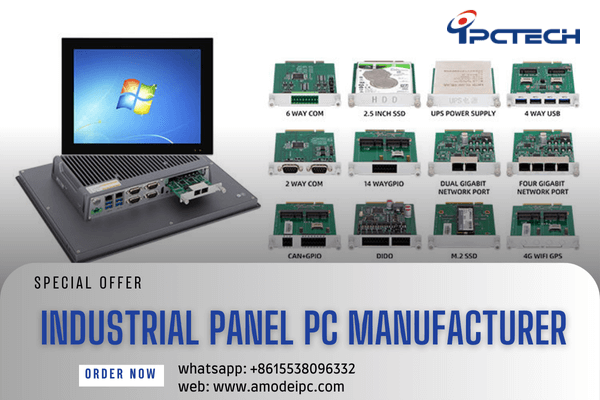How to choose an industrial PCs that suits your needs?
2025-09-06
To select the right industrial computer, you need to clarify the following questions.
Performance:
What level of CPU is required? (Atom/Celeron, i3/i5, i7)
Storage:
How much RAM is needed? (4GB/8GB/16GB+)
What type and capacity of hard drive? (SSD/HDD, 128GB/256GB+)
Display:
What screen size and resolution are required?
What level of screen brightness? (indoor/outdoor)
Touch:
Is a resistive screen (glove operation) or capacitive screen (multi-touch) needed?
I/O Interfaces:
How many COM serial ports are required?
How many USB ports and Ethernet ports?
Is GPIO needed?
Expandability:
Will future expansion via card slots be required? (PCI/PCIe)
Ruggedness:
What level of protection rating is needed? (IP65/IP67)
What are the shock and vibration resistance requirements?
Power Supply & Temperature Range:
Is DC or AC power available on site?
What operating temperature range is required?
Software & Services:
What operating system is needed?
What are the supplier's after-sales service and warranty policies?
Features of Industrial PCs
industrial PCs are known for their ruggedness, fanless cooling, extensive and specialized I/O interfaces, wide temperature tolerance, and wide voltage input range. These features effectively address the shortcomings of commercial computers in harsh industrial environments, such as frequent crashes, poor durability, incompatible interfaces, and difficult maintenance. As a result, they have become indispensable core computing units in industrial automation, MES (Manufacturing Execution Systems), intelligent equipment, and IoT applications. Industrial panel PCs are computer devices specifically designed for industrial settings. They integrate the host, display, touchscreen, power supply, and other components into a sealed enclosure, offering high reliability, stability, and strong adaptability to challenging environmental conditions.
Interfaces are diverse and customizable
Common interfaces on industrial PCs include COM (serial port), LAN (Ethernet port), VGA (video graphics array), HDMI (high-definition multimedia interface), USB, DC (power port), AUDIO (headphone jack), MIC (microphone jack), and some legacy PS/2 (mouse and keyboard ports). These interfaces on industrial panel PCs are collectively referred to as I/O interfaces.
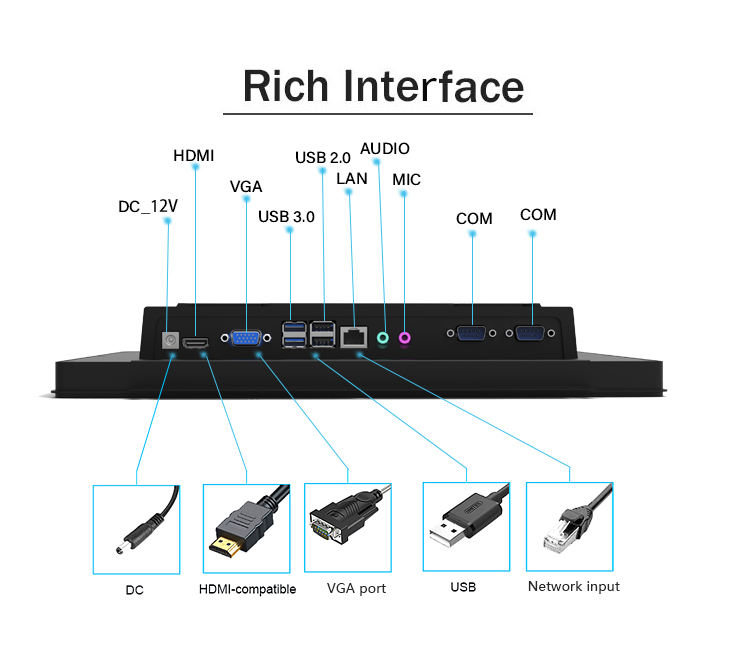
Industrial PCs are widely applied in various sectors, including but not limited to:
Environmental MonitoringIntelligent Transportation Systems
Telecommunications Monitoring
Power Automation
Steel Automation
Municipal Automation
Building Automation
Factory Automation
Equipment and Machinery Manufacturing
Machine Vision
Other Automation Industries
These devices serve as critical computing solutions in these fields, providing reliable performance in demanding operational environments.
Recommended
